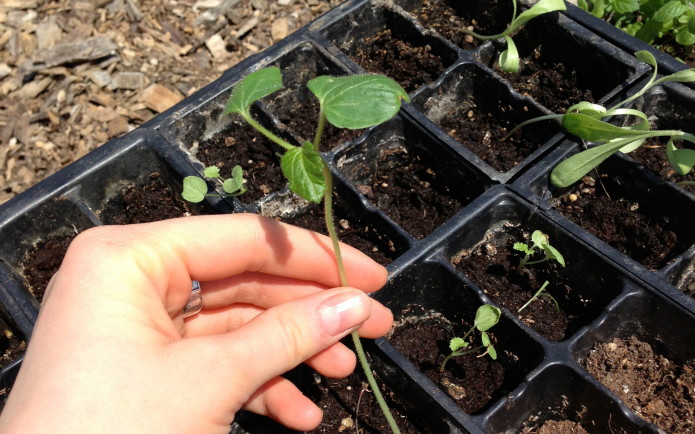
Click an icon above to explore its principle.
What is Permaculture?
Permaculture is, according David Holmgren author of Permaculture: Principles and Pathways Beyond Sustainability , much more than a form of organic gardening (xi). Initially, the word permaculture was coined by Holmgren and Bill Mollison to illustrate the utilization of perennial ecosystems that are useful to plans, animals, and humans. However, they soon realized that the permaculture principles and ethics could be applied to systems beyond those found in agriculture. Holmgren defines permaculture as the use of systems thinking and design principles that provide the organizing framework for implementing the above vision (xix). Interdisciplinary integration and complex systems thinking thrive within this design science to connect diverse ideas and concrete observations. Broadly speaking, permaculture spreads across all disciples from architecture to art and design to the organizational structure of the education system when observing the 3 ethics and 12 principles:
Ethics:
- Earth Care
- People Care
- Fair Share ( equitable distribution of resources )
Principles:
- Observe and Interact
- Catch and Store Energy
- Obtain a Yield
- Apply Self-Regulation and Accept Feedback
- Use and Value Renewable Resources and Services
- Produce No Waste
- Design From Patterns to Details
- Integrate Rather than Segregate
- Use Small and Slow Solutions
- Use and Value Diversity
- Use Edges and Value the Marginal
- Creatively Use and Respond to Change
Permaculture was not created by Holmgren and Mollison. These practitioners simply used theses principles within integrative thought when researching the regenerative practices of cultures. For centuries, communities have worked together on a local scale to obtain yield and care for each other and the earth. It is only recently, since the development of petroleum-based energy and products, that society has devalued the use of permaculture thought and action.
There has been a recent shift in thought and mood towards localization and community-based agriculture systems. We saw this in the 1970s with the development of the permaculture concept, and we are experiencing it here at University of Michigan with the push for local food, a campus farm, cooperative living, and interdisciplinary education. The permaculture initiative is a movement of permanent and regenerative culture at the University of Michigan. It touches on all aspects of permaculture including but not limited to food systems, course guidance and structure, and extracurricular, student-based initiatives. This web-site serves as a web that connects all of the different ares of campus that are practicing permaculture. It begins to answer the question of how permaculture is embedded into the structure and culture at the University of Michigan.
(Holmgren, David. Permaculture: Principles and Pathways Beyond Sustainability , Hepburn, Victoria: Holmgren Design Services 2023.)


